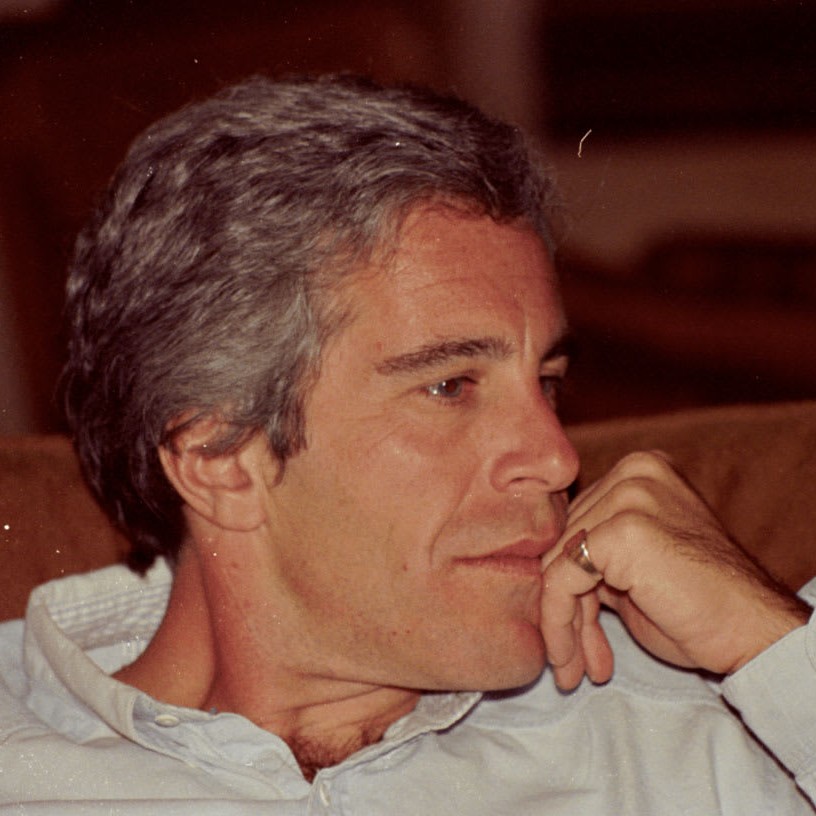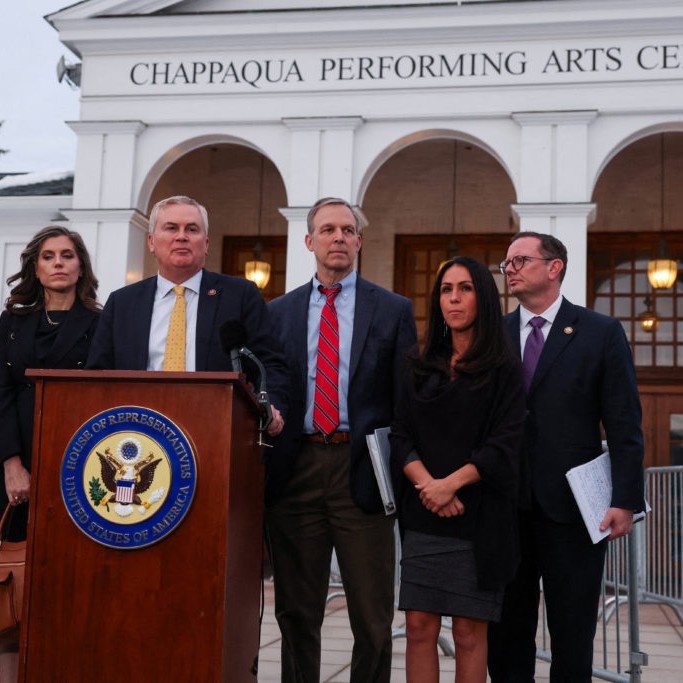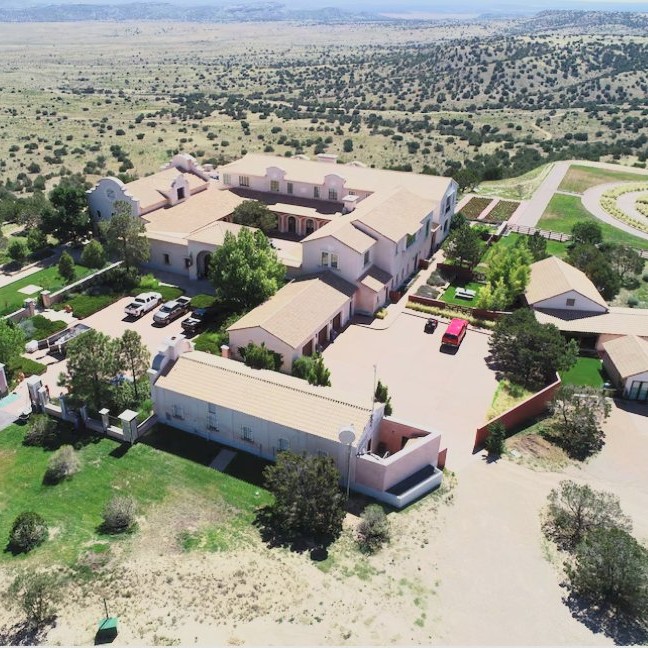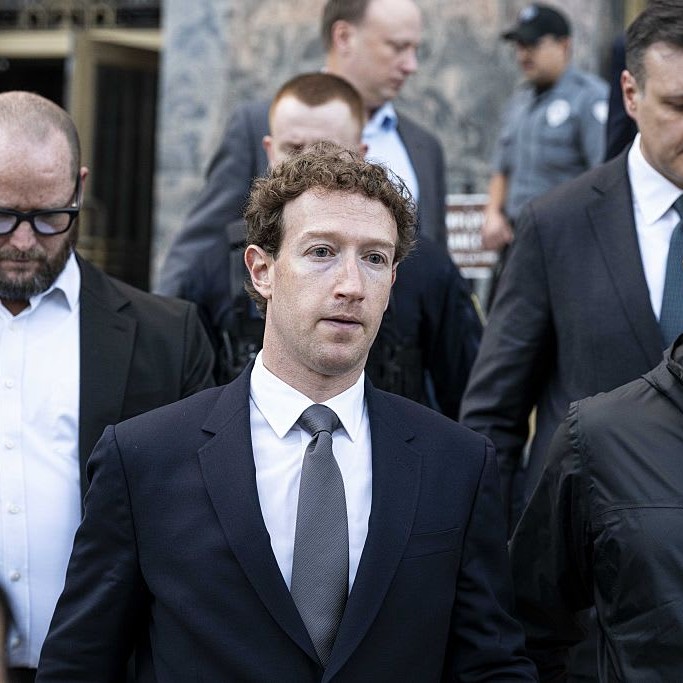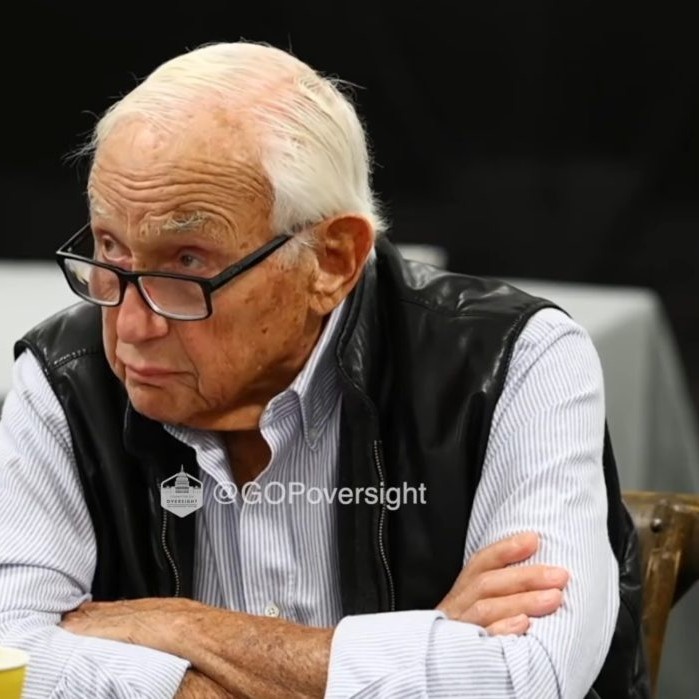
Tom Hanks in 2023_(cropped).jpg). Photo courtesy of Raph_PH under CC BY 2.0.
Tom Hanks was reportedly set to receive one of the most prestigious civilian honors from the US Military Academy at West Point, only for the ceremony abruptly canceled by the academy’s alumni association. The Sylvanus Thayer Award, named after the 19th-century superintendent of West Point, is given annually to an “outstanding citizen” who exemplifies the academy’s core values of “Duty, Honor, Country,” as reported by the New York Post. Hanks, a celebrated actor and longtime advocate for veterans, was scheduled to be honored in late September 2025 for his portrayals of military service members in films such as “Saving Private Ryan” and “Forrest Gump,” as well as his extensive support for military families and veteran caregivers. Yet, the event was called off with little explanation, sparking speculation about the influence of political dynamics on what is traditionally a nonpartisan tribute.
A Sudden Cancellation
The cancellation was communicated in an email from retired Army Col. Mark Bieger, president and of the West Point Association of Graduates, sent to faculty and alumni. Bieger stated that the decision “allows the Academy to continue its focus on its core mission of preparing cadets to lead, fight, and win as officers in the world’s most lethal force, the United States Army,” as reported by PEOPLE. The message was brief and did not clarify whether Hanks would still receive the award at a later date or if the honor had been rescinded.
The Sylvanus Thayer Award is often regarded as West Point’s equivalent of an honorary degree, bestowed on individuals who have made significant contributions to the nation’s welfare and embody the academy’s ideals. Hanks’s selection earlier in the year was praised for his cinematic portrayals that brought the sacrifices of service members to a wide audience, as well as his advocacy work with organizations like the Elizabeth Dole Foundation, which supports military caregivers.
Political Context and Timing
Tom Hanks’s public political alignment has been well documented. According to the New York Post, Hanks has a history of contributing to Democratic candidates and causes, including former Presidents Barack Obama and Joe Biden, as well as prominent Democrats such as Hillary Clinton, Kamala Harris, Senate Minority Leader Chuck Schumer, and Senator Adam Schiff. His outspoken criticism of Trump and his portrayal of Trump supporters as racists in a “Saturday Night Live” skit earlier this year have reportedly drawn criticism from conservative circles.
Public Reaction and Speculation
The abrupt cancellation has generated a mix of reactions. Supporters of Hanks and veterans’ advocacy view the move as a politicization of an institution that traditionally stands above partisan divides. They express concern that the decision signals a narrowing of acceptable viewpoints and a potential chilling effect on those who publicly support causes or figures outside the current administration’s favor.
Conversely, some argue that West Point must remain focused on its primary mission of military readiness and leadership. They suggest that honoring a figure so openly aligned with political opponents could distract from the academy’s core purpose and potentially create division among cadets and alumni.
Neither West Point’s official channels nor Hanks’s representatives have provided clarification on whether the award itself has been rescinded or if the ceremony will be rescheduled. The West Point Association of Graduates has not responded to inquiries, leaving the public to speculate on the true reasons behind the cancellation.
The Role of Political Identity in Civic Honors
This incident highlights a broader trend in American society where political identity increasingly influences recognition and honors. Civic awards, once considered neutral acknowledgments of service and character, are becoming arenas for ideological contestation. The case of Tom Hanks at West Point illustrates how political affiliations can overshadow contributions that align with shared national values like duty and honor.
For West Point, an institution steeped in tradition and respected for shaping military leaders, the challenge lies in balancing its historic mission with the realities of a polarized political environment. The academy’s decision to cancel the ceremony may reflect an attempt to avoid controversy, but it also raises questions about the inclusivity of its values and the criteria for honoring public figures.
Looking Forward
As political divisions deepen, institutions like West Point will face increasing pressure to define their roles in a divided nation. The fate of the Sylvanus Thayer Award for Tom Hanks remains uncertain, but the implications of this cancellation extend far beyond a single ceremony.
For Tom Hanks, the cancellation serves as a reminder that even his celebrated contributions to veteran advocacy and American culture are not immune to the tides of political change. For West Point, it is a moment to consider how it navigates its identity amid the demands of a politically charged era.
This story is likely to evolve as more details emerge and as the academy and Hanks’s representatives respond to growing public interest. Meanwhile, the cancellation stands as a quiet but powerful symbol of how political identity can reshape the landscape of civic honors in America.
References: West Point abruptly cancels Tom Hanks award ceremony on same day Trump renames DoD to ‘Department of War’ | Tom Hanks Dropped from West Point Awards Ceremony | West Point cancels ceremony to honor Tom Hanks as ‘outstanding US citizen’
